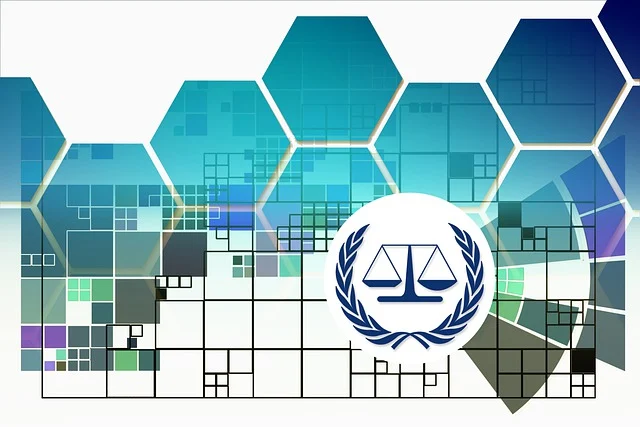In February 2025, the European Commission introduced the Omnibus Legislative Package, proposing significant amendments to the Corporate Sustainability Due Diligence Directive (CSDDD). Among the most contentious changes is the removal of the EU-wide civil liability regime, which previously allowed victims of corporate human rights and environmental abuses to seek redress across Member States. This shift places the responsibility for civil liability under national laws, potentially creating a fragmented legal landscape for victims .
The Importance of a Harmonized Liability Framework
A unified civil liability standard was intended to provide consistent access to justice for victims, regardless of where the harm occurred. Without it, individuals may face significant barriers, such as differing statutes of limitations and varying legal standing across jurisdictions. For instance, in the KiK case in Germany, victims of a factory fire in Pakistan were unable to pursue claims due to restrictive national laws, highlighting the challenges of cross-border litigation .
Implications for Access to Justice
The removal of the EU-wide civil liability provision could undermine the right to an effective remedy, as outlined in the UN Guiding Principles on Business and Human Rights. While Member States are still required to ensure victims have access to justice, the absence of a harmonized framework may lead to inconsistent protections and remedies across the EU .
The Role of Non-Judicial Mechanisms
In the absence of a robust civil liability framework, non-judicial grievance mechanisms (OGMs) are increasingly seen as vital tools for addressing human rights and environmental issues. However, their effectiveness depends on genuine corporate commitment and adequate resources. Without the deterrent effect of potential legal action, companies may be less incentivized to engage meaningfully with OGMs, potentially leaving victims without adequate redress .
The Path Forward
As the Omnibus Package progresses through the legislative process, stakeholders, including civil society organizations and legal experts, continue to advocate for the reinstatement of a harmonized civil liability regime. They argue that such a framework is essential for ensuring corporate accountability and protecting the rights of individuals affected by corporate misconduct. The outcome of this debate will significantly influence the EU’s role in promoting responsible business practices and access to justice for victims of human rights and environmental abuses.



